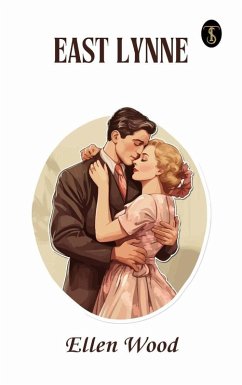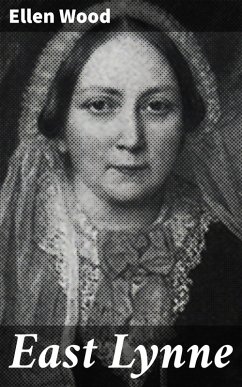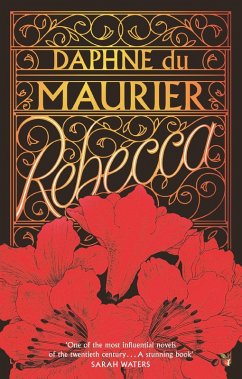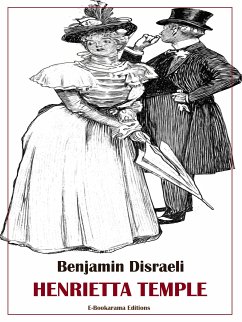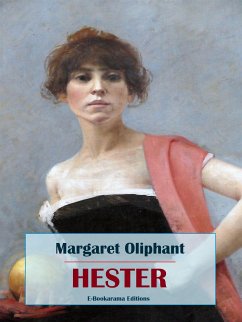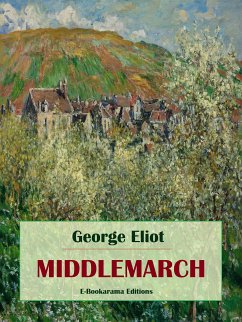
East Lynne (eBook, ePUB)

PAYBACK Punkte
1 °P sammeln!
First published in 1861, "East Lynne" was Ellen Wood's second of over 30 novels. When the aristocratic Lady Isabel abandons her husband and children for her wicked seducer, more is at stake than moral retribution... The plot is implausible at times, depending on a woman disguising herself to work for her former husband and his second wife, but the themes of infidelity and destitution were very real concerns for the mid-Victorian middle classes, and the novel clearly delineates the sexual structure of a society in which female personality is suppressed by masculine will. Ellen Wood played upon ...
First published in 1861, "East Lynne" was Ellen Wood's second of over 30 novels. When the aristocratic Lady Isabel abandons her husband and children for her wicked seducer, more is at stake than moral retribution... The plot is implausible at times, depending on a woman disguising herself to work for her former husband and his second wife, but the themes of infidelity and destitution were very real concerns for the mid-Victorian middle classes, and the novel clearly delineates the sexual structure of a society in which female personality is suppressed by masculine will. Ellen Wood played upon the anxieties of the Victorian middle classes who feared a breakdown of the social order as divorce became more readily available and promiscuity threatened the sanctity of the family. In her novel the simple act of hiring a governess raises the spectres of murder, disguise, and adultery. Her sensation novel was devoured by readers from the Prince of Wales to Joseph Conrad and continued to fascinate. Ellen Wood (Mrs Henry Wood) was writing at a time when some women writers felt it was necessary to package their names in a way that would ensure their work was taken seriously - Mary Anne Evans wrote as George Eliot, Elizabeth Gaskell published her works anonymously or as 'Mrs Gaskell'. Ellen Wood's works were extremely popular during her lifetime and into the 20th century, the mix of sensationalism and brilliant story-telling ensuring a wide readership.
Dieser Download kann aus rechtlichen Gründen nur mit Rechnungsadresse in A, B, BG, CY, CZ, D, DK, EW, E, FIN, F, GR, HR, H, IRL, I, LT, L, LR, M, NL, PL, P, R, S, SLO, SK ausgeliefert werden.




